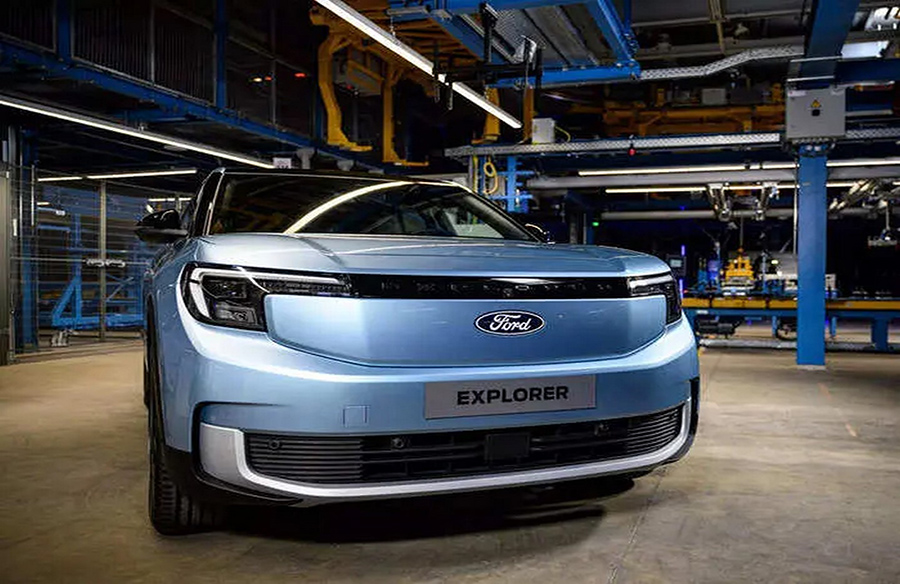Ford recently announced a significant shift in its electric vehicle (EV) strategy, opting to delay the release of its new three-row electric SUV by two years, pushing the timeline from 2025 to 2027. Concurrently, the company is focusing on expanding its hybrid offerings across its lineup in North America by the end of the decade.
Emphasis on Hybrids
Ford’s decision to prioritize hybrid vehicles stems from their growing popularity among customers, especially as EV demand experiences a softening trend. The company’s existing hybrid models have emerged as a crucial asset, prompting Ford to redirect its efforts towards meeting this demand.
Jim Baumbick, a product development executive at Ford, highlighted that regardless of whether customers opt for an EV or a hybrid, they are still choosing Ford. Baumbick expressed enthusiasm about attracting new customers to the brand through these offerings.
EV Delays and Future Plans
The announcement of EV delays allows Ford additional time to integrate emerging battery technologies into its vehicles. Ford’s president and CEO, Jim Farley, emphasized the company’s commitment to building a profitable EV business, citing its position as the second-largest EV brand in the US over the past two years.
Farley outlined that Ford’s next-generation EVs will feature new designs from scratch, complete software integration, and continuously improving digital experiences for users.
Despite the delays in specific EV models, Ford continues to invest in EV manufacturing across various facilities. The Oakville Assembly plant in Ontario is undergoing transformation into an electric vehicle production hub, starting in the second quarter of this year, where the delayed three-row electric SUVs will be manufactured.
Additionally, Ford’s BlueOval City campus in Tennessee will handle sheet metal stampings for its new electric truck slated for 2026. Plans include expanding an Ohio plant for EV production by 2025, along with ongoing development of new EV platforms by a specialized team in California.
Historical Shifts and Market Dynamics
This strategic shift isn’t the first for Ford in the EV realm. In October, the company paused a substantial $12 billion investment in EVs, citing cost concerns and a slowdown in demand, sentiments echoed by other major automakers.
Meanwhile, the hybrid car segment is experiencing faster sales growth compared to EVs, driven partly by concerns about EV prices and charging infrastructure among consumers, as reported by Business Insider earlier.
